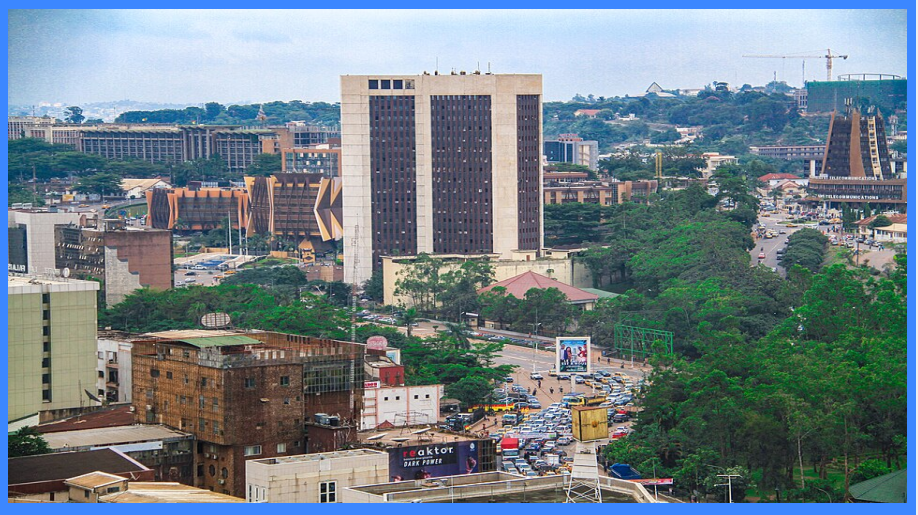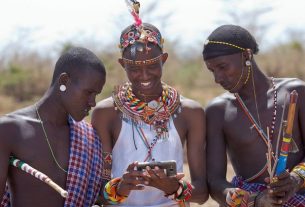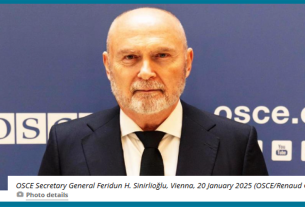Yaoundé, 10 October 2025 — Cameroon heads into its presidential election with 92-year-old President Paul Biya once again on the ballot, extending his already 43-year rule. Biya, Africa’s oldest and one of its longest-serving leaders, has announced his candidacy for an eighth consecutive term, despite mounting criticism over governance, economic stagnation, and the systematic sidelining of political opponents.
Political Landscape and Disqualified Opposition
Since independence in 1960, Cameroon has effectively been dominated by Biya’s Cameroon People’s Democratic Movement (CPDM). Multiparty elections were introduced in 1992, but opposition parties have consistently accused the government of electoral manipulation, intimidation, and disqualification of rivals.
In the run-up to the 2025 vote, prominent challenger Maurice Kamto was barred from contesting after the electoral commission (ELECAM) cited technical irregularities in his party’s nomination — a decision critics say was politically motivated. Other opposition figures, including Akere Muna and Ateki Seta, withdrew under pressure, leaving the field fragmented and reinforcing perceptions that the contest is heavily tilted in Biya’s favor DW africaelects.com.
Economic Realities
Cameroon’s economy, valued at roughly $45 billion GDP, has grown at an average of 3–4% annually, but this is below the African average and insufficient to reduce poverty. Despite being rich in oil, gas, timber, and agriculture, the country struggles with:
- High youth unemployment (over 30% in urban areas).
- Persistent poverty, with nearly 40% of the population living below the poverty line.
- Weak infrastructure, particularly in rural areas.
- Corruption, with Cameroon consistently ranking low on Transparency International’s index.
The government’s heavy reliance on oil revenues has left the economy vulnerable to price shocks, while diversification efforts remain limited. International lenders, including the IMF, have repeatedly urged reforms to improve fiscal transparency and governance.
Security and Social Strains
Cameroon faces multiple security crises:
- Anglophone separatist conflict in the Northwest and Southwest regions, where violence has displaced more than 700,000 people since 2017.
- Boko Haram insurgency in the Far North, which continues to destabilize border communities.
- Rising ethnic and regional tensions, exacerbated by perceptions of political exclusion and uneven development.
These conflicts have drained resources, disrupted education, and deterred investment, further stalling development.
Democratic Deficit and International Concerns
Observers note that Biya’s longevity in power has provided political stability for foreign investors, but at the cost of democratic freedoms and institutional credibility. Freedom of speech is restricted, opposition leaders have been jailed, and civil society groups face harassment The Conversation The Organization for World Peace.
International partners, including the EU and African Union, have expressed concern that the 2025 election risks deepening instability regardless of the outcome. If Biya wins, he would remain in office until 2032, marking half a century in power.
Outlook
Cameroon stands at a crossroads. While Biya promises continuity, critics argue that his prolonged rule has entrenched corruption, weakened institutions, and stalled development. With opposition voices muted and security crises unresolved, the election is less about democratic renewal than about the survival of a political order that has defined Cameroon for generations.
Yaounde Cameroon Skyline Picture by Kateregga1
Sources: DW [1]; The Conversation [2]; Africa Elects [3]; OWP [4]; Africa Center for Strategic Studies [5].



